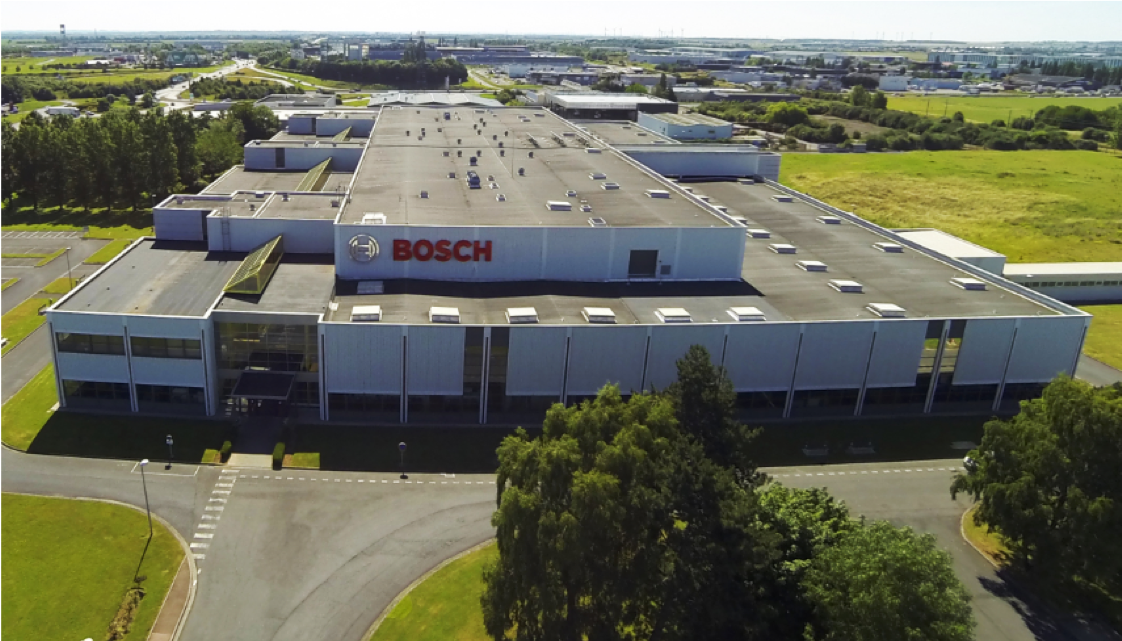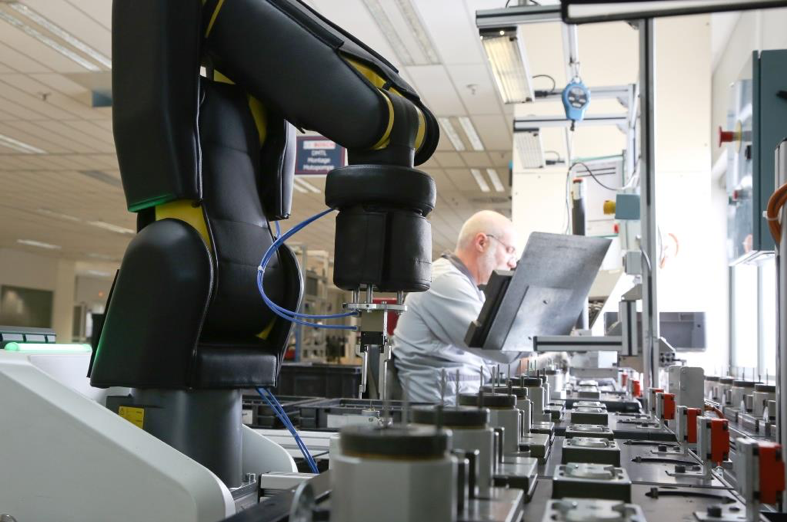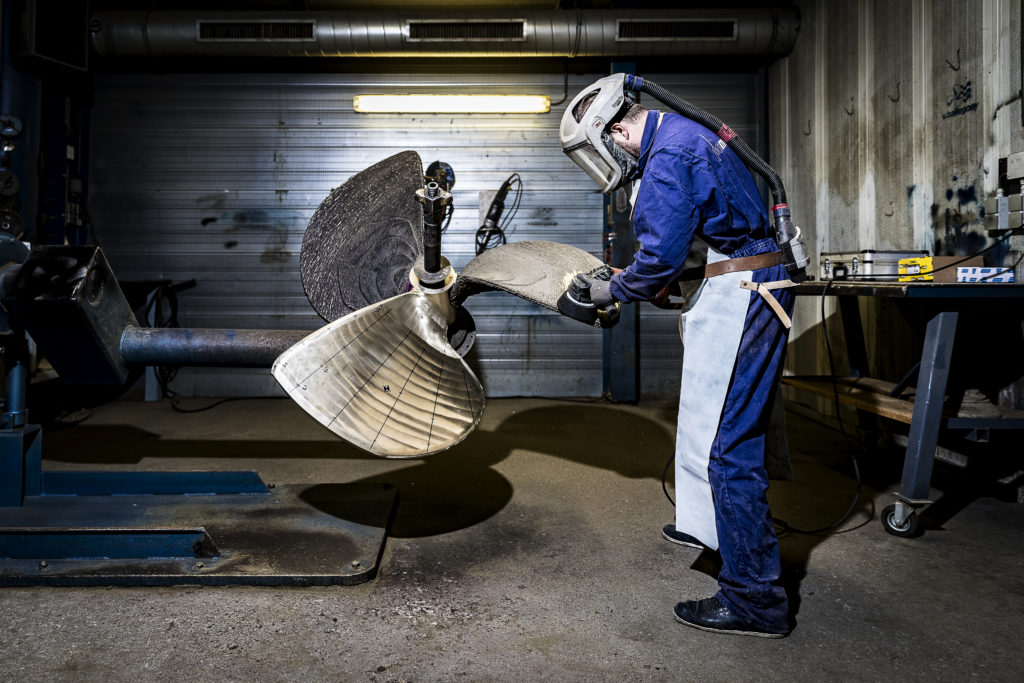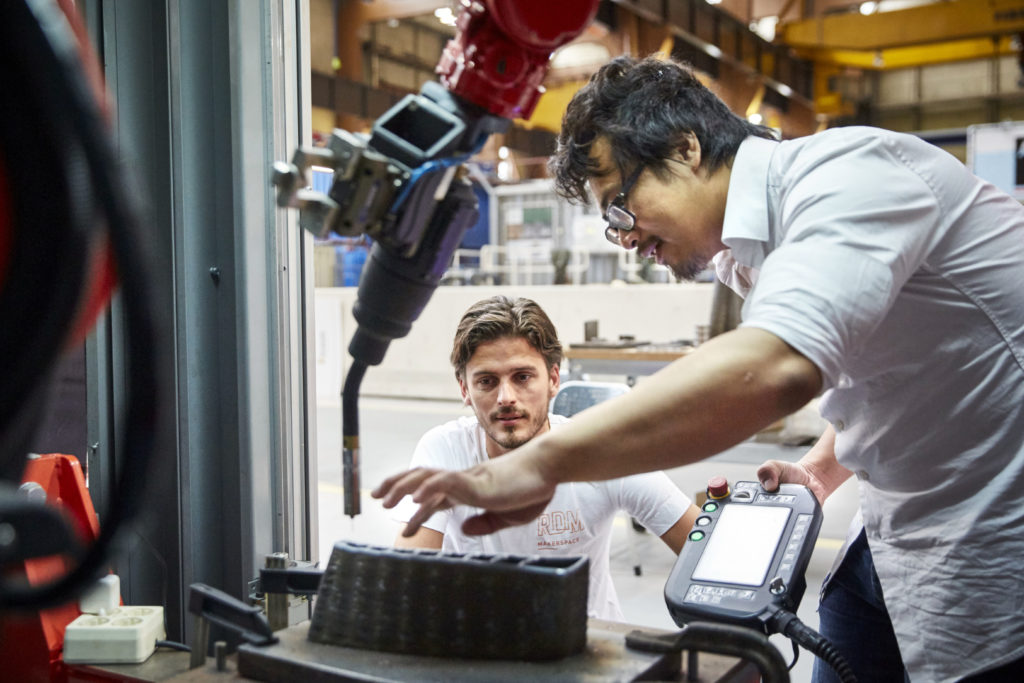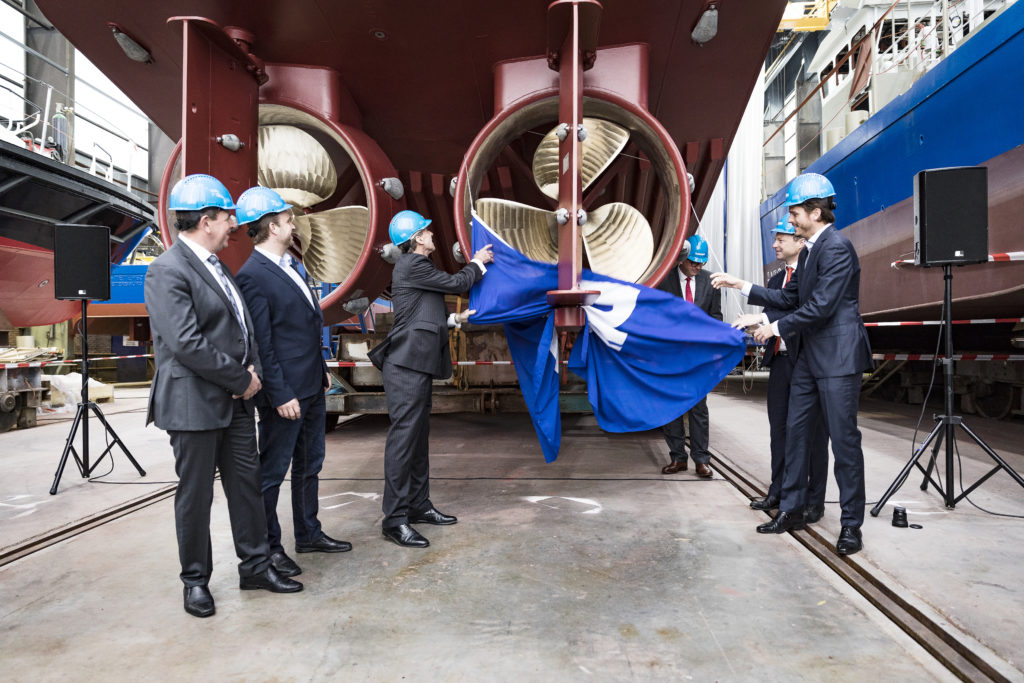Share
Two Autodesk customers receive Frost & Sullivan’s prestigious Manufacturing Leadership Award
When it comes to making things, Autodesk’s customers are always pushing the boundaries of what’s possible. So we were delighted to see two of our customers—Bosch and RAMLAB—receive the Frost & Sullivan Manufacturing Leadership Award for their groundbreaking work that’s shaping the global manufacturing marketplace.
Both companies were honored at an awards celebration this week alongside other winners that include Ford, IBM, Cisco Systems, and The Dow Chemical Company. As you can imagine, we’re proud to call Bosch and RAMLAB our customers and collaborators. Let’s take a look at all that they’ve accomplished:
Bosch- Winner of Industrial Internet of Things Leadership Award
From industry stalwart to IoT trailblazer, Bosch knows a thing or two about business transformation. Its production plant in Mondeville, France is a shining example of Industry 4.0 principles put into practice.
Originally built for the manual assembly of televisions in the 1960s, the plant has gone through several transformations over the years that eventually led the business to expand into electronics manufacturing for the automotive industry. It operated in this sector successfully until 2012, when both leaders and employees at the plant decided they would need to reinvent themselves to diversify and remain competitive.
The Bosch team re-imagined the Mondeville factory with IoT at the heart of its new vision—an initiative that would digitize the plant and benefit workers. During a grand renovation, new digital tools and sensors were installed in every part of the facility to make the production process fully traceable—letting workers know exactly what was being produced, when, and by whom. The new capabilities allowed them to track an array of critical parameters in the factory environment like atomospheric pressure, humidity and temperature. This transformation has allowed the Mondeville plant to pivot into a completely new business, making completely new products. Now, in addition to being able to manufacture more parts in larger batches, Bosch’s 600 employees work with disruptive companies to help them launch their own products with Bosch quality and know-how.
Being a leader in IoT means not only embracing automation but also investing in the workforce at the same time. Bosch brought in collaborative robots (co-bots) to handle repetitive assembly, enabling fewer injuries and faster production. As a result, workers now have more opportunities to learn new skills.
The Manufacturing Leadership Award is not the first time that the Mondeville plant has been recognized. In fact, it was named Plant of the Year 2017, and the staff regularly give tours to visitors and companies interested in seeing how the organization has been transformed.
“Bosch has a long history of transformation, but our adoption of IoT in Mondeville represents an unprecedented shift for our business,” said Laurent Colin, Bosch’s manufacturing director in Mondeville. “After embracing these technologies, the plant is now more agile and profitable, and we’ve been able to take advantage of new business opportunities and develop our workforce in the process. We’re thrilled to receive this Frost & Sullivan Manufacturing Award for Industrial IoT leadership and share our story with others who want to invest in new technologies.”
RAMLAB- Winner of Engineering and Production Technology Leadership Award
In the nonstop bustle of the Netherlands’ Port of Rotterdam—the largest port in Europe— damage to ships and their components is part of doing business. When key parts of a ship need to be replaced or repaired, it can take weeks or even months to have this delivered from a warehouse on the other side of the world, creating a costly challenge for the maritime industry as ships sit idle in ports. The Rotterdam Additive Manufacturing Lab (RAMLAB) is looking to solve that problem by 3D printing parts onsite for faster repairs and less downtime.
RAMLAB worked with a consortium of partners—including Autodesk and Damen Shipyards, one of the world’s leading shipbuilding companies—to develop a hybrid process that uses both additive and subtractive manufacturing to produce parts onsite on-demand. Two 6-axis robotic arms can 3D print a part, which are then finished using traditional CNC milling and grinding methods. Parts can be made in a matter of days, saving time and money without sacrificing precision and performance.
Every great innovation requires a paradigm shift, and RAMLAB’s approach was no different. The team had to determine how to combine cutting-edge additive technologies with traditional methods and tools. RAMLAB explored these design and manufacturing concepts with Autodesk’s help and put them to the test at Autodesk’s Advanced Manufacturing Facility (AMF) in Birmingham, UK. As a result, RAMLAB was able to refine its process so that final parts could be produced in a reliable and repeatable manner.
In an initial success for the newly developed process, the world’s first 3D-printed propeller was unveiled at Damen Shipyards in November of 2017.
“It’s always exciting to push the boundaries and find new ways of making things, but we’re also really thrilled about the impact of our work on the maritime industry, with the potential to save millions in warehousing, logistics and downtime costs,” said Vincent Wegener, managing director at RAMLAB. “We’re honored to receive this Manufacturing Leadership Award, and hope to continue our groundbreaking work to show that hybrid manufacturing is a viable method for producing industry-approved parts.”
